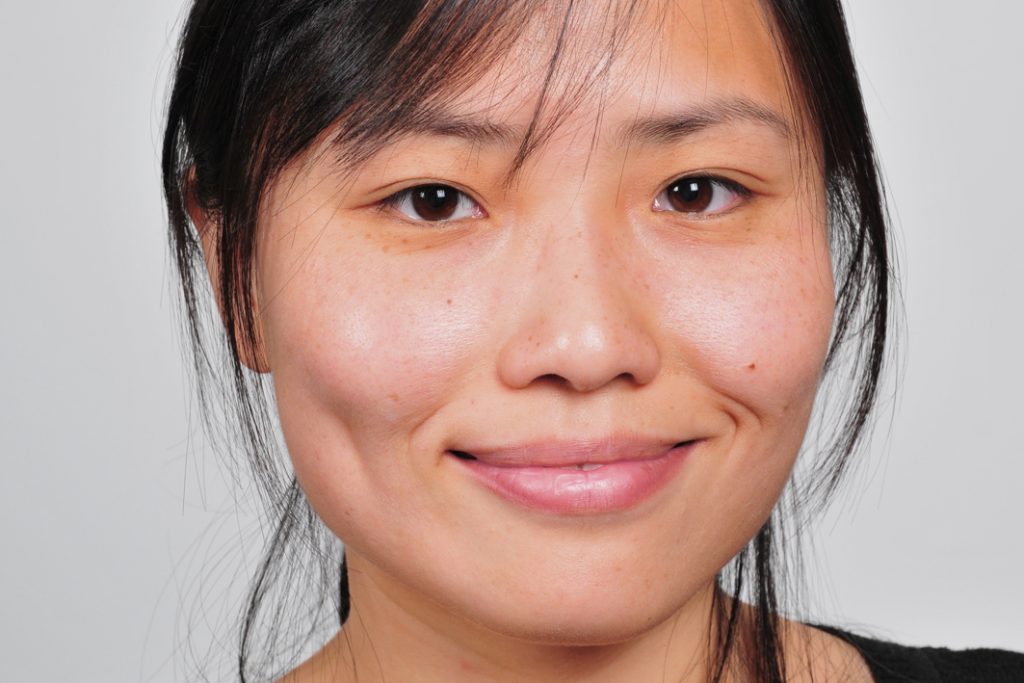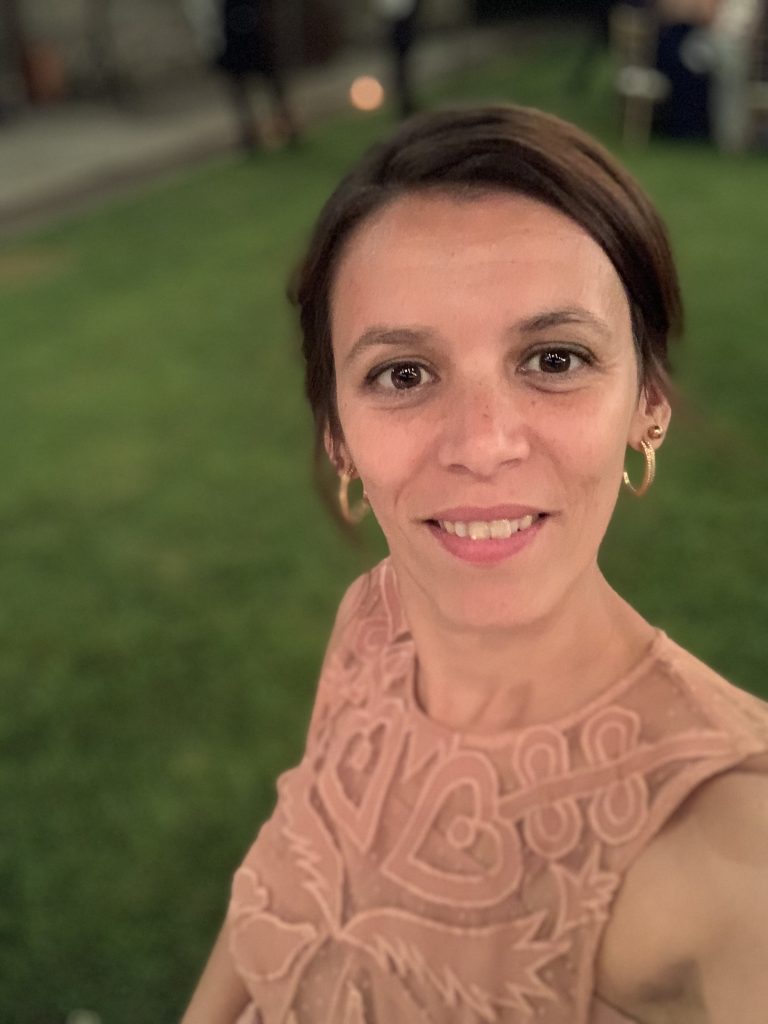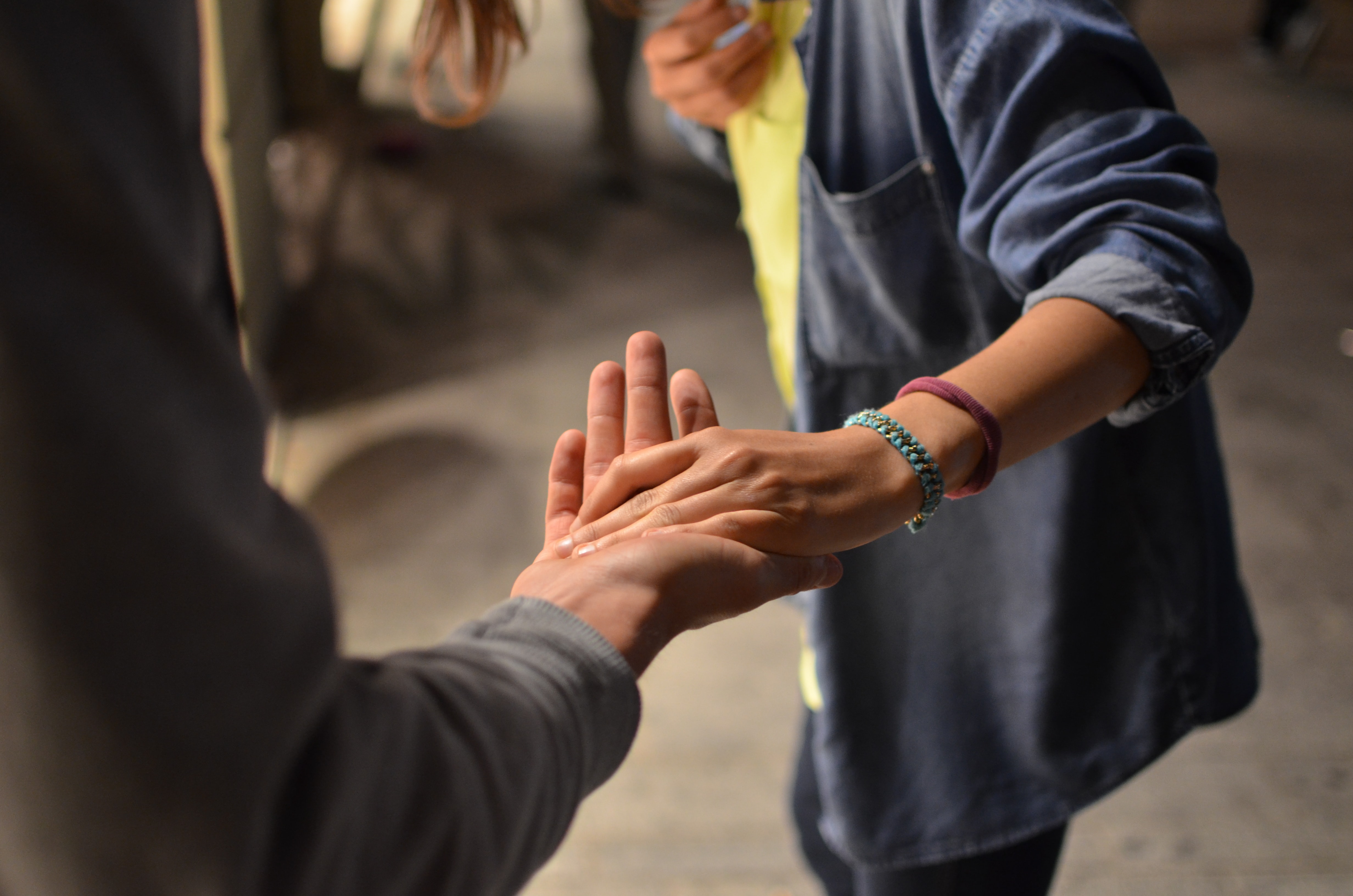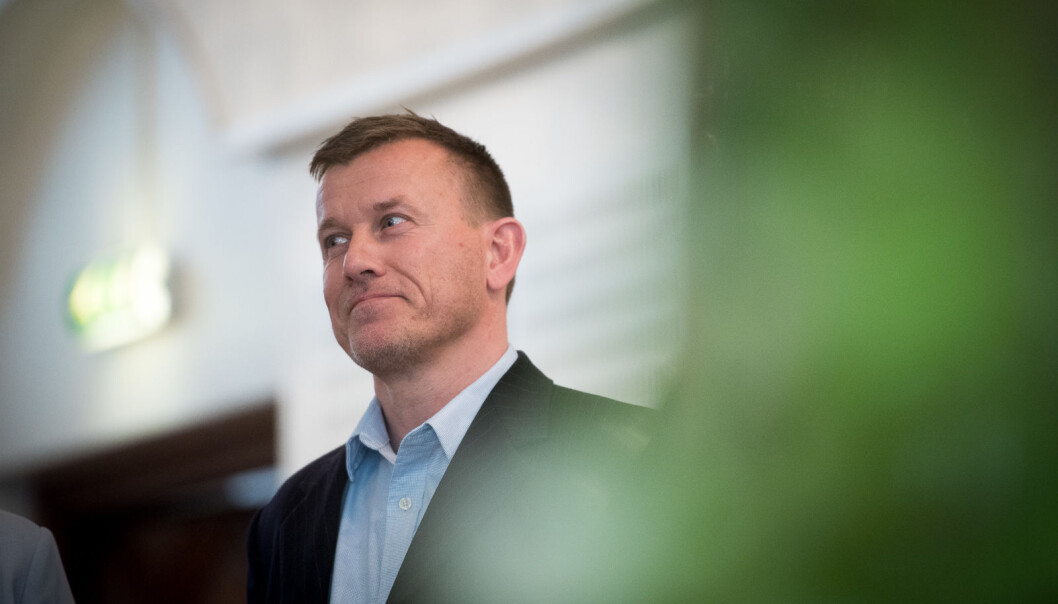Mindre fornøyd med livet under korona
Alt tatt i betraktning, hvor tilfreds er du med livet i dag? Dette spørsmålet svarte norske arbeidstakere på i 2019 og deretter i 2020, midt under pandemien. Nan Zou Bakkeli har sammenlignet svarene. Det er neppe overraskende at rike er lykkeligere enn fattige, friske mer tilfredse enn syke og folk i familier lykkeligere enn enslige. Men hvordan har det gått med den store gruppen nordmenn som ikke har alle disse lykkefaktorene på plass?

Les intervju med Nan om forskningen her: Mindre fornøyd med livet under korona – OsloMet
Paperet kan du lese her: Health, work, and contributing factors on life satisfaction: A study in Norway before and during the COVID-19 pandemic – ScienceDirect





